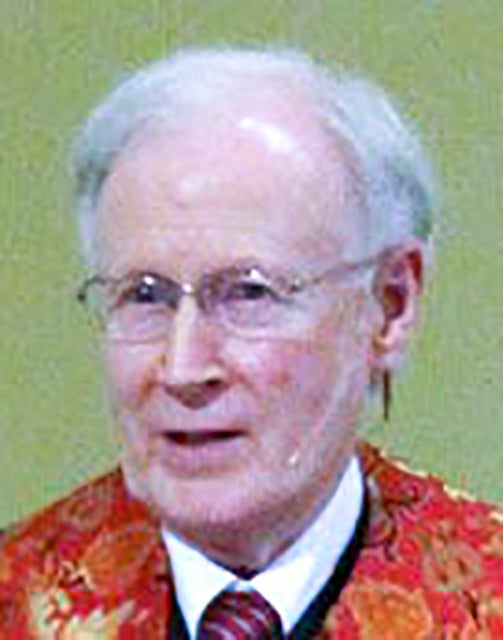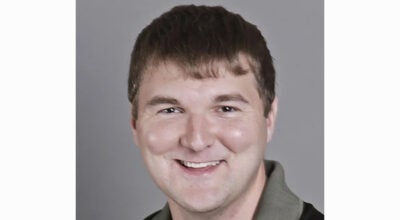Brady: No matter your age, master the years
Published 12:39 pm Friday, August 30, 2019

- Hal Brady
Hal Brady
Owner and operator of a Christian ministry in Decatur
Who can say when one is no longer young? That is certainly not in my department, and probably not in yours. As someone observed, “You are young at any age, if you are planning for tomorrow.”
If there is someone, however, reading this article who feels that he/she might be growing a bit older, and is interested in making the transition more gracefully, this message just may be for you. We could call it “Mastering the Years,”and the following are a few possible guidelines.
First, never stop growing. In reality, we do not grow old with age, we age because we stop growing. A young man of 30 said not long ago that he hadn’t read a book in five years. He’s already old.
A certain professor of psychiatry at one of our great universities wrote that older adults who continue to use their mental faculties are able to keep them much longer than others. “The activity need not be scholarly, she said, “it can be reading the newspaper, listening to the news, reading books or magazines, playing cards or playing shuffleboard.”
Her conclusion: intellectual activity in most cases remains relatively intact in old age when one keeps the mind involved and functioning.
Some boys asked an older man how he could be so spry and happy and radiant. He thought a moment, then pointed to a nearby apple tree in full bloom and said, “Each year that apple tree grows a little new wood. When it stops it dies. Each year I also try to grow a little new wood.”
Second, never grow idle. In the book of Proverbs, there’s a beautiful passage that describes the ideal wife and mother in the sight of God. From reading this passage I get the distinct impression that this is an elderly wife and mother.
And she is an example of one of God’s important standards. She is described this way, “She looks well to the ways of her household, and does not eat the bread of idleness.”
Idleness means the neglect of proper duties, sluggishness, being slow. She “does not eat the bread of idleness;” she will not sit down inactive.
At any age, older or not, our days must continue to be filled with new and worthwhile enterprises. I like the way the late Elton Trueblood, noted Quaker philosopher, expressed it. On speaking of retirement he stated, “Though any particular finality is sobering, it need not be sad. Certainly, it is not sad if each ending provides for new beginnings.”
Third, maintain belief in yourself. Maybe we can’t taste or hear or digest as good as we once could. Maybe our strength isn’t what it use to be. But God loves us unconditionally and that makes us important and of value.
Fourth, live outside yourself. Of course, we can live outside ourselves in several ways, including attempting to keep current and staying busy.
But perhaps the best way to live outside ourselves is by taking on tasks that are worth doing. Parker J. Palmer, the author, suggest that these tasks have to do with the spreading of love, peace and justice.” And let me add here, community.
No matter what our age, our calling as Christians is always the same-faithfulness. It is to be faithful to our gifts, opportunities and the world’s needs. As Anne Lamott put it, “Your inside person does not have an age.”
Fifth, cultivate your relationship with God. Often, we think of youth as the good days of life. Not so in the plan of God. God saves the best wine until last.
The best years of our lives in God’s plan are the last years.
Oh, in retirement, we’ll do all the other things, but learning to pray better, to know God’s Word better, and to be engaged in ministry better is the most important thing of all. A strong faith in God is the answer to all joyful aging.
These guidelines, taken to heart, will provide enough challenge for a whole lifetime.
When the boy had said what he wanted to say, he concluded the letter by writing, “I hope you live all your life.” My sentiments exactly.



